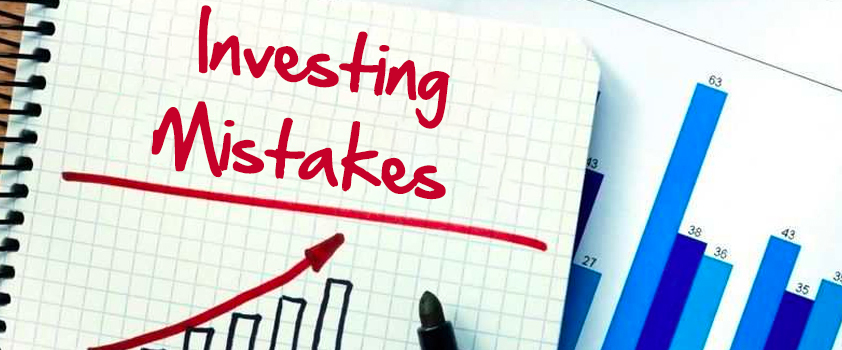Similar to sailing, investing has the possibility for wonderful locations but also comes with risks. Avoiding frequent blunders is essential for ensuring a successful investment experience.
These dangers will be discussed in this article along with a navigational guide on avoiding them. While seeing money grow through investing can be satisfying, it’s critical to avert costly errors.
Common Mistakes to Avoid When Investing
Chasing trends
It’s simple to get swept up in the excitement of a hot stock or investment, but it’s vital to keep in mind that not all trends stay. Before you invest in a trend, make sure you understand why it’s happening and whether it’s sustainable.
failing to conduct research
It’s crucial to conduct research on the company or asset you’re investing in before making any stock or other investment decisions. This includes comprehending the financials of the business, its industry, and its potential.
Trading too much and too often
Patience is crucial in investing, as it takes time to fully benefit from an asset allocation strategy. Modifying investment tactics and portfolio composition can reduce returns and take unanticipated risks.
It’s essential to ensure you’re on track and use the opportunity to reconfigure your portfolio to learn more about your assets.
Buying high and selling low
Instead of using reason, many investors make decisions about their investments out of fear or greed. They invest frequently in the most recent fad or historically successful techniques while buying high to maximize short-term returns.
Since this emphasis is on short-term gains, it is challenging to estimate the worth of an investment since, once it receives public notice, it becomes more popular and challenging to estimate its value.
Neglecting Diversification
Don’t store all of your treasure in one chest. As it allows for diversification among many asset classes and businesses, preventing a single sector from collapsing, diversity is essential for lowering risk and guaranteeing a stable portfolio.
Diversifying your portfolio means investing in a variety of assets, such as stocks, bonds, and real estate. This helps to reduce your risk if one asset class performs poorly.
Timing the Market
Timing the market is a mistake, as it often outperforms timing. Instead, stay invested through market fluctuations, as consistency ultimately yields long-term benefits.
